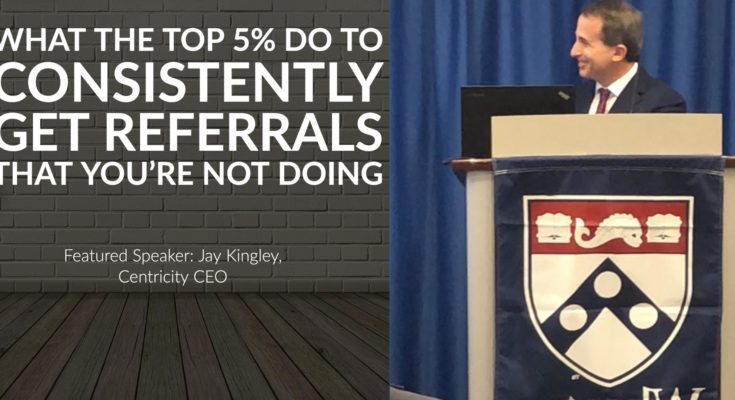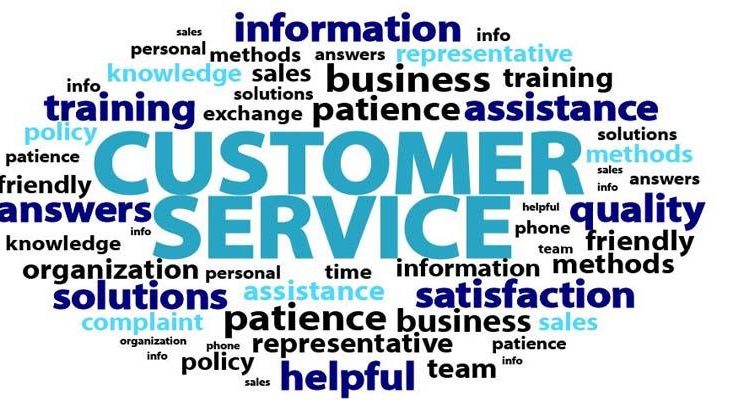Today we are answering 8 of the most frequently asked questions we’re receiving about investors.
1. How Do You Find Investors For Your Startup?
Partnering with investors is an efficient way of reducing your business liability should anything terrible happen to the business. The first and the most cost–effective investors to your business are your friends and relatives. To win their interest, you need to inform them how they will benefit from their loaned funds or investment capital.
You can also get startup capital by applying for a small business administration (SBA) loan. SBA is a US government agency that connects borrowers to its approved lenders and guarantees them for the loan. As such, the loans are normally cheap.
Further, you can consider private investors like angel investors and venture capitalists who will become shareholders of the business.
That is not all; businesses and schools in your niche can also refer you to investors who may be interested in investing in your business. All you need is to prepare to convince these investors to see the potential of your business.
2. Can You Get In Touch With Investors/Funds With Just An Idea And No Product?
Every investor has criteria for determining whether to invest in a business or not. In most cases, they would require proof of business cash flows or collateral to reduce the risk. Besides that, they may also like you to inform them of the strategies to put in place to realize your business ideas. Taking a closer look at a business idea, it is merely a business suggestion with no sufficient backing to win an investor.
Additionally, the chances are high that there are businesses of the exact nature existing in the economy. It is imperative to say that any professional investor will find it less risky to invest in an existing business than actualizing a business idea. Thus, it will be hard to get in touch with investors’ funds with just a business idea and no product.

3. How Much Of Your Company Should You Give To An Investor?
In most cases, investors will ask for a percentage of ownership in your company in exchange for capital. For instance, angel investors will typically request 20 to 25% returns on the amount of capital they invest in your business.
Venture capitalists, on the other hand, may even ask for more. For instance, if the product is still under development, they may ask up to 40% to cover themselves against the high risks.
Other investors will ask for percentage equity in your company to stay with you throughout the company’s lifetime. While it may be tempting to accept your first offer, it’s good to understand that investors will work with you for the entire life of the business.
As such, you should capitalize on an investor who is knowledgeable and experienced in your niche. An experienced will bring their expertise for the success of the business.
However, you should not allow any investor to own a more significant share of the company as they may take over the control of your company.
Start with a smaller share to see their impact on the company, and then you can review it later after the business picks.
4. What Do Investors Look For In A Startup Before Investing?
Before investing in your business, most investors will evaluate your business to determine the risk of investing in your business and the right amount to inject into your business. The common factors which are used in assessing your business include:
The Uniqueness of Your Products-most investors will only invest in your business if you have differentiated products.
Business Plan– investors will consider your business if you have a well-drafted business plan with clearly defined objectives and implementation strategies.
The Management Team– if your senior management cannot trace the business goals successfully, then investors are likely to defect from your business.
The Financial Data– most investors will like you to prove how you financed your business and manage your finances, including profits and finances.
Success Metrics– they would like to know how you would efficiently achieve your business goals and how they will benefit from the relationship.

5. Where Can You Find Good Example Slide Decks For Pitching Investors?
A slide deck refers to a brief presentation that provides the investors with a summary of information about your business. It aims to showcasing your product, monetization strategy, sharing your business models, and introducing your entire team.
Examples of platforms where you can find good slide decks examples include:
Facebook
Square
Airbnb
Linkedin
Map me
Buffer
Mint
Launchrock
Mix panel
Buzz feed
Moz
Youtube
Manpacks
Foursquare
Flow tab
Dwolla
Gusto
Adpushup
Bliss
Wealthsimple
SteadyBudget
Potosi
AppVirality
Fitter
Canvas
Room (now Crew)
Swipes
Castle
Submit
Sequoia Capital
6. What Is An Angel Investor?
An angel investor is a wealthy individual who provides financial support for small businesses or entrepreneurs at startup stages. Depending on your agreement, angel investors can either provide you with a one-time investment to help you get off the grass or offer continuous injections to bail the business during bad times.
Their primary interest behind financing the businesses is to gain ownership equity. They are commonly found among relatives and friends.
7. What Is The Difference Between An Angel Investor And A Venture Capitalist?
Below are the differences between an angel investor and a venture capitalist to help you get a clear-cut understanding of the two. We shall categorize them into the following sections:
How They Operate
Angel investors use their own money to help small businesses finance their operations. On the other hand, venture capitalists do not use their own money. Instead, they invest in small businesses using funds from pension funds, investment companies, and large corporations.
Time Of Investment
Angel investors are more likely to invest in businesses at startup stages, whereas venture capitalists invest in existing businesses to reduce their risk exposure.
Investment Outlay
On average, an angel investor will invest approximately $ 330,000 while venture capitalists will invest millions of dollars.
Expected Return
While angel investors expect a return of 20 to 25%, venture capitalists will expect returns ranging between 25 and 35% or even 40%, depending on the investment risk.

8.What Phrases Should Be Avoided During A Startup Idea-Pitch To Prospective Investors?
The phrases below are likely to turn your investors away rather than attracting them. You need to avoid them as much as possible.
We Don’t Have Any Competitors
This shows competitors how you are uninformed about the market.
We Are the Next X
You can’t compare yourself with an existing business when you don’t know how they arrived there. Instead, you can talk about how you are strategizing to reach that level or beyond.
X, Y, and Z Are Our Prospects
Investors are most concerned about what you already have. Don’t talk of something you are dreaming of.
I Will Attend To That Question After X
Some excuses show how unprepared you are. Simply be transparent in your presentations.
The above are some of the worst phrases you can use. You can learn additional phrases here.
Recommended next, Who Are The Right Type Of Investors For Your Business?










































































